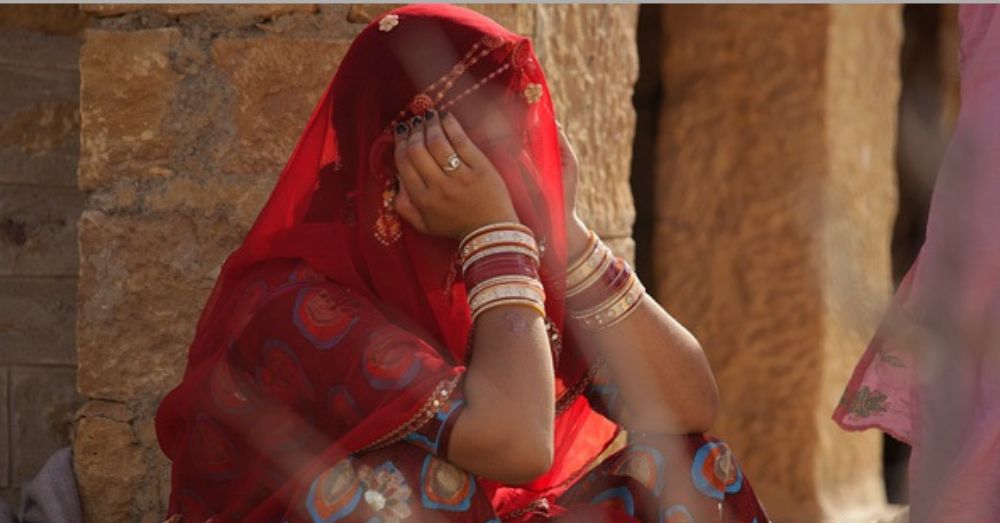Tragic Incidents Highlighting the Grim Reality
The recent suicide of a young PG doctor in India has once again brought to light the devastating impact of the dowry system. Despite the country’s diverse cultural landscape, the demand for exorbitant dowries remains a prevalent issue, leading to tragic consequences.
Legal Framework and Its Shortcomings: While the government has enacted laws such as The Dowry Prohibition Act of 1961, the implementation has fallen short. Shockingly, of the 13,678 dowry-related harassment cases registered from 2016 to 2020, only 245 resulted in convictions. This raises questions about the efficacy of existing legislation in curbing this social evil.
Societal Impact and Gender Discrimination
The dowry system perpetuates gender discrimination, viewing women as liabilities and subjecting them to subjugation. This bias extends to education and other amenities, hindering the overall progress and empowerment of women across India.
Impeding Women’s Careers
The dowry system’s broader context is the limited presence of women in the workforce, contributing to their financial dependence. The pressure to fulfill dowry demands often diverts attention from women’s career aspirations, hindering their professional growth.:
Unmarried Despite Education
Despite education and professional competence, numerous girls in India remain unmarried due to their families’ inability to meet exorbitant dowry demands. This paradox underscores the urgent need for dismantling this practice that obstructs the personal and professional lives of many women.
Objectification and Crime Against Women
Contemporary dowry has transformed into an investment by the bride’s family, perpetuating the objectification of women. This commodification not only hampers personal autonomy but also exposes women to emotional abuse, injuries, and, in extreme cases, fatal outcomes.
Combating Dowry Through Social Consciousness and Empowerment
To eradicate this deep-rooted issue, a multifaceted approach is necessary. Initiatives should focus on appealing to the social and moral consciousness of the people, providing education and economic independence for women, and ensuring effective enforcement of anti-dowry legislation.
In conclusion, the persisting dowry system in India demands urgent attention and collective efforts to create a society where marriages are based on mutual respect and not material transactions. Only through a holistic approach can India truly address this issue and ensure the well-being of its women.
